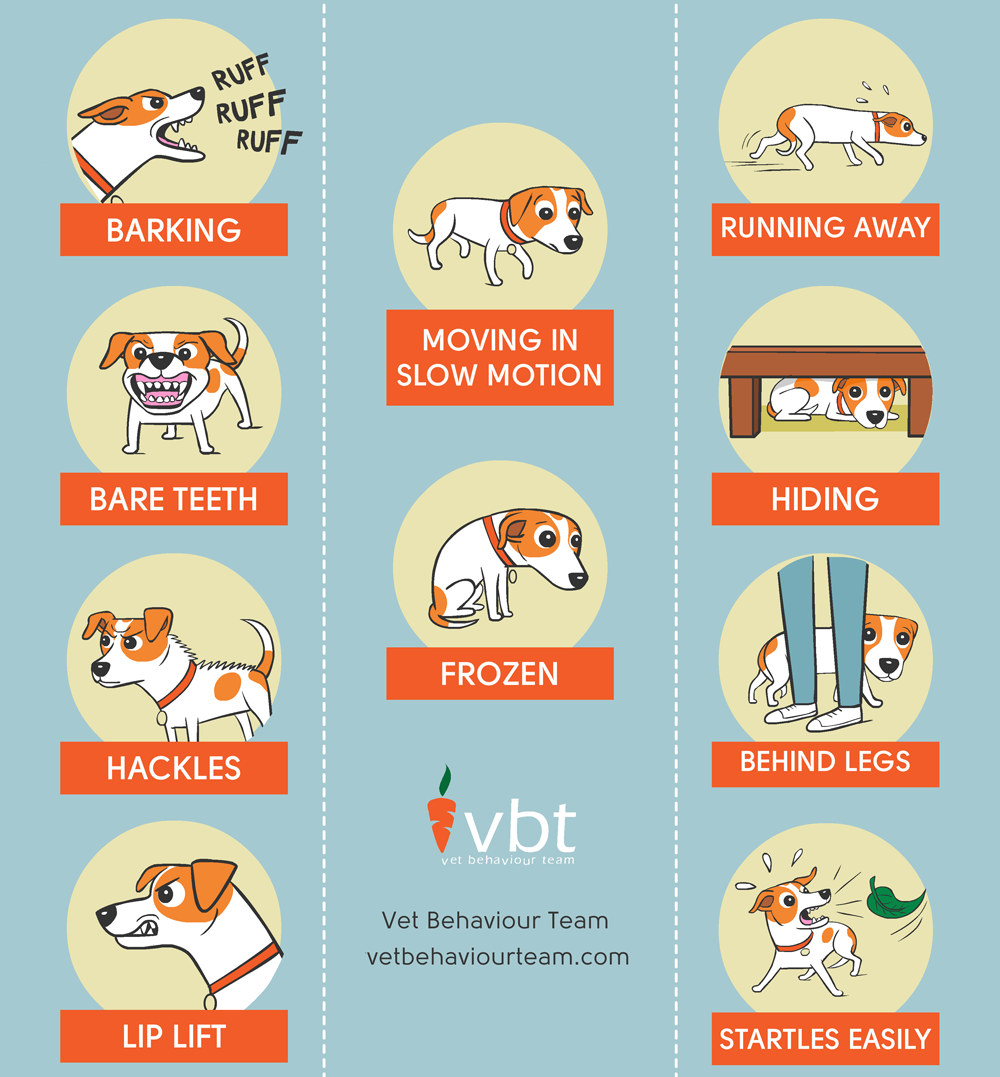Dog Daycare Design Ideas
Dog Daycare Design Ideas
Blog Article
Can Dog Daycare Cause Illness?
Pets in day care get lots of workout, socializing with other dogs and one-of-a-kind experiences. This can be specifically practical for young puppies and dogs with behavior problems.
There are a number of lawful considerations you need to consider when beginning a dog daycare business. These include the structure of your service and conformity with federal government laws.
1. Canine Distemper
Canine distemper is spread with direct contact with the physical liquids and waste of a contaminated pet, yet it can also be transmitted through shared water and food bowls or with airborne droplets. This extremely infectious health problem is most unsafe for pups, yet it can impact dogs of any age and is fatal for many if left neglected.
Preliminary signs of canine distemper usually resemble an acute rhinitis, consisting of runny eyes and nose with watery or pus-like discharge. As the disease progresses, a canine will establish fever, coughing, decreased hunger, vomiting and diarrhea. The virus can also attack the nervous system, resulting in seizures, twitching and partial or complete paralysis.
Trusted day cares decrease exposure to infection by requiring vaccinations, regular health examinations and adhere to rigorous health methods. If your dog appears excessively exhausted or limping, a day of rest may aid him recoup, however you must prevent taking him back to day care up until these symptoms clear up.
2. Kennel Cough
Kennel coughing, additionally called transmittable canine tracheobronchitis or Bordetella, is an extremely infectious viral or bacterial disease that affects the respiratory system system. It's frequently moved with the exchange of saliva or air droplets that a sick pet breathes out. Social pet dogs are at higher threat for infection as a result of their constant communication with each other, such as when they play, share food or water, sniff one another or merely satisfy in a crowded setting like a pet park or childcare.
The most common symptom of kennel coughing is a consistent and forceful coughing that seems like something embeded the throat or retching. Usually, pet dogs will cough up foamy white phlegm. If left without treatment, a pet dog can establish pneumonia and be at significant danger for life.
A respectable day care facility need to have stringent cleaning and hygiene procedures, sanitize all playthings, food and water bowls on a regular basis, and be open regarding their vaccination plans. Maintaining your canine up to date on their inoculations, particularly for bordetella and canine influenza, will substantially minimize their chances of contracting the ailment.
3. Parvovirus
Canine parvovirus, or parvo, is an extremely contagious viral health problem that can be lethal for puppies and young person canines with inadequate body immune systems. It's most typically spread by straight contact with polluted canine feces-- which can take place when canines sniff, lick, or preference contaminated feces-- and indirectly from polluted individuals, items, or atmospheres (like boarder collie dog kennels, brushing spaces and lawns). Puppies and pet dogs without complete inoculation histories are especially prone to parvo.
The virus is exceptionally durable, making it through in the setting for as much as nine years, and can conveniently be transferred in between canines by call with feces or on footwear, clothes, and bed linens polluted with parvovirus. Otherwise treated quickly with IV fluids, electrolyte equilibrium, vomiting control drugs and prescription antibiotics to stop additional microbial infections, a pet dog will rapidly dry out and develop serious diarrhea, which causes shock and sepsis. Parvo is tough to cure when a pet has come to be ill, but with proper vet care, several puppies do endure this illness.
4. Dog Flu
Dog flu virus is extremely transmittable and spreads with straight contact, sharing food and water bowls, licking or nuzzling various other dogs, via airborne droplets, and with contaminated surfaces. Inoculation is effective in minimizing the risk of infection and break outs.
Most impacted pets develop a moderate respiratory system infection with a cough that lasts 1-3 weeks. They might additionally have nasal and ocular discharge, sneezing, and sleepiness. Several of the most major instances result in pneumonia and a high fever.
If your canine shows any of these signs, do not bring them back to day care till they are healthy. If your pet dog is revealing signs of severe exhaustion or limping, speak with your veterinarian right away and ensure they get on good health supplements to help develop their resistance. A veterinarian will examine your pet for symptoms of the flu by taking an example from the nose or throat, and blood examinations can be done to confirm.